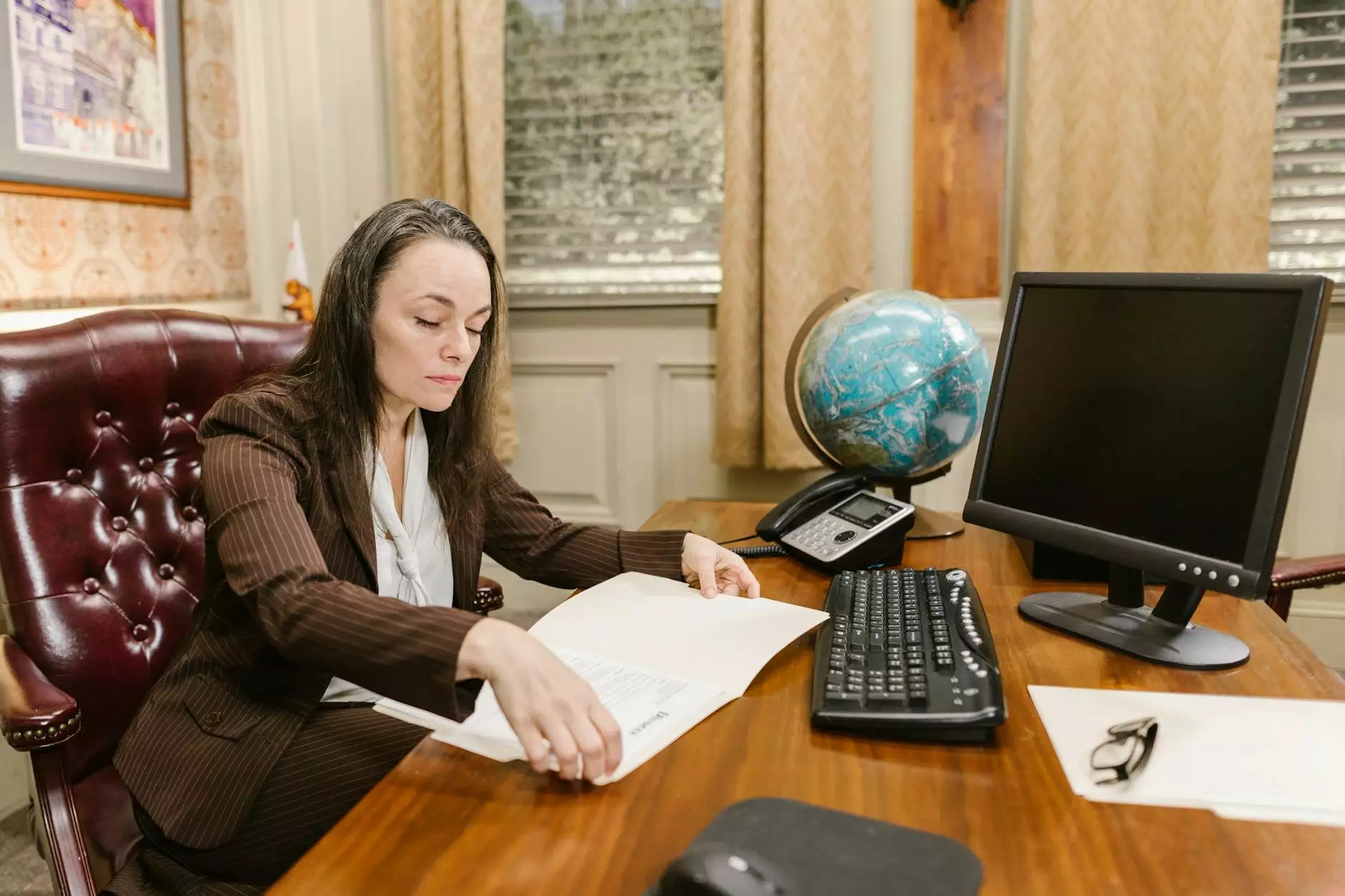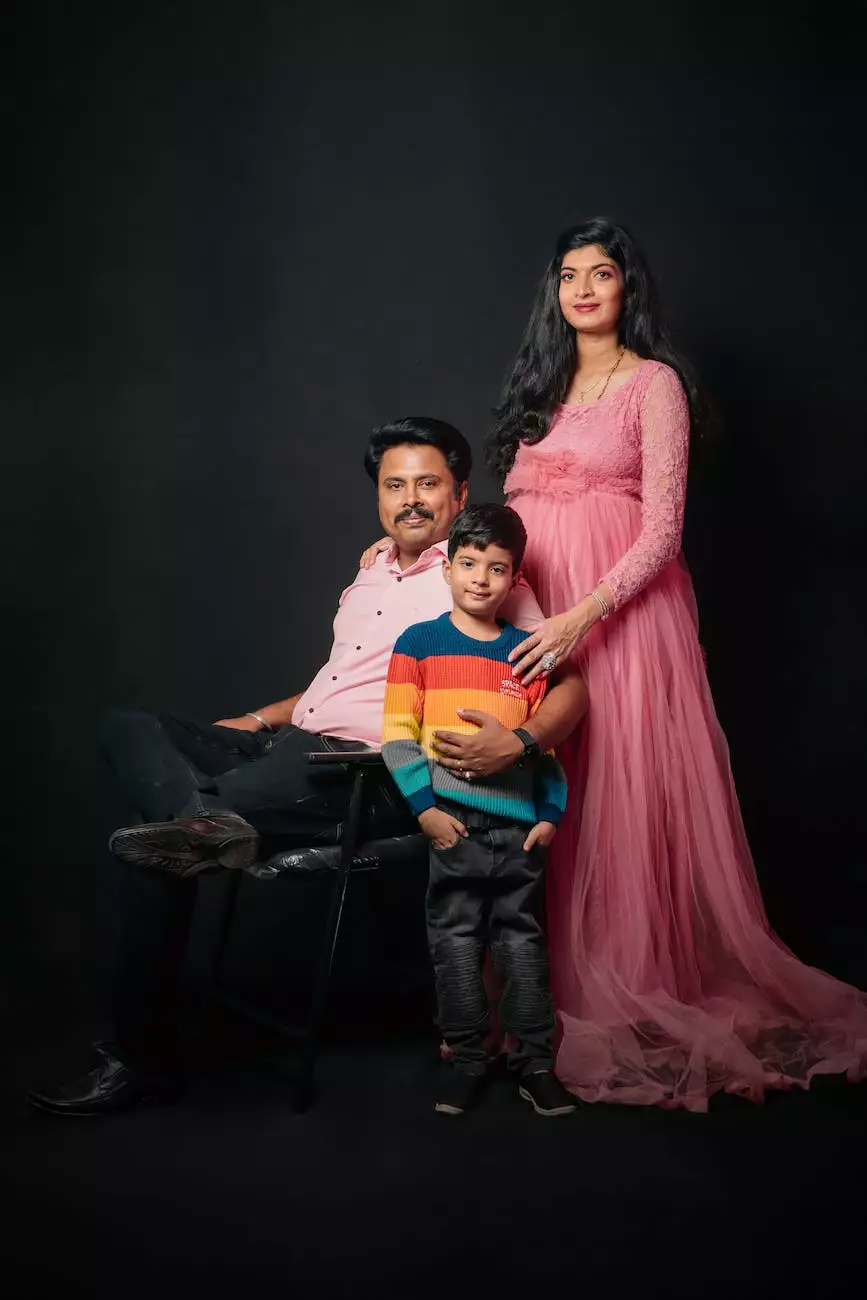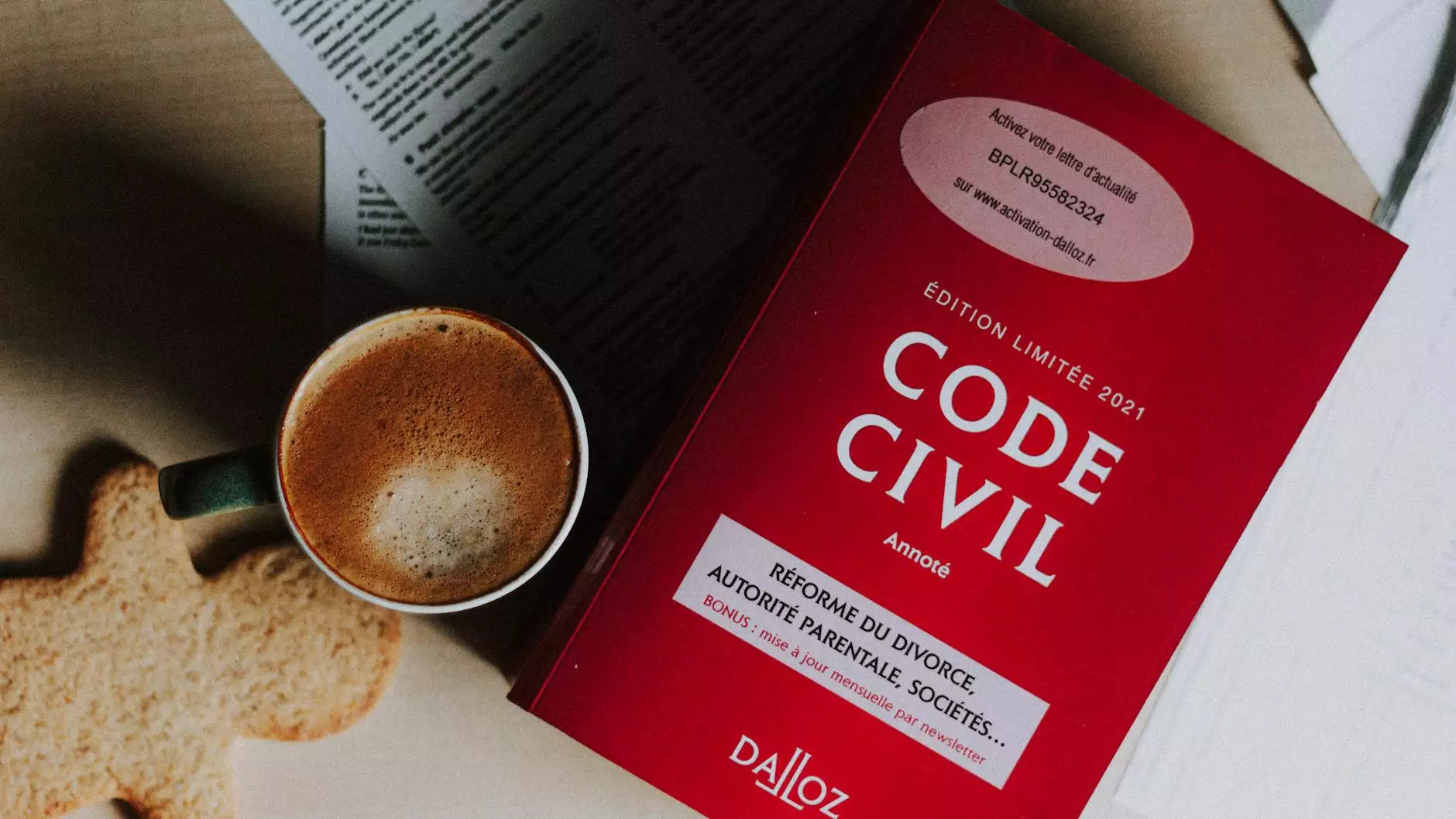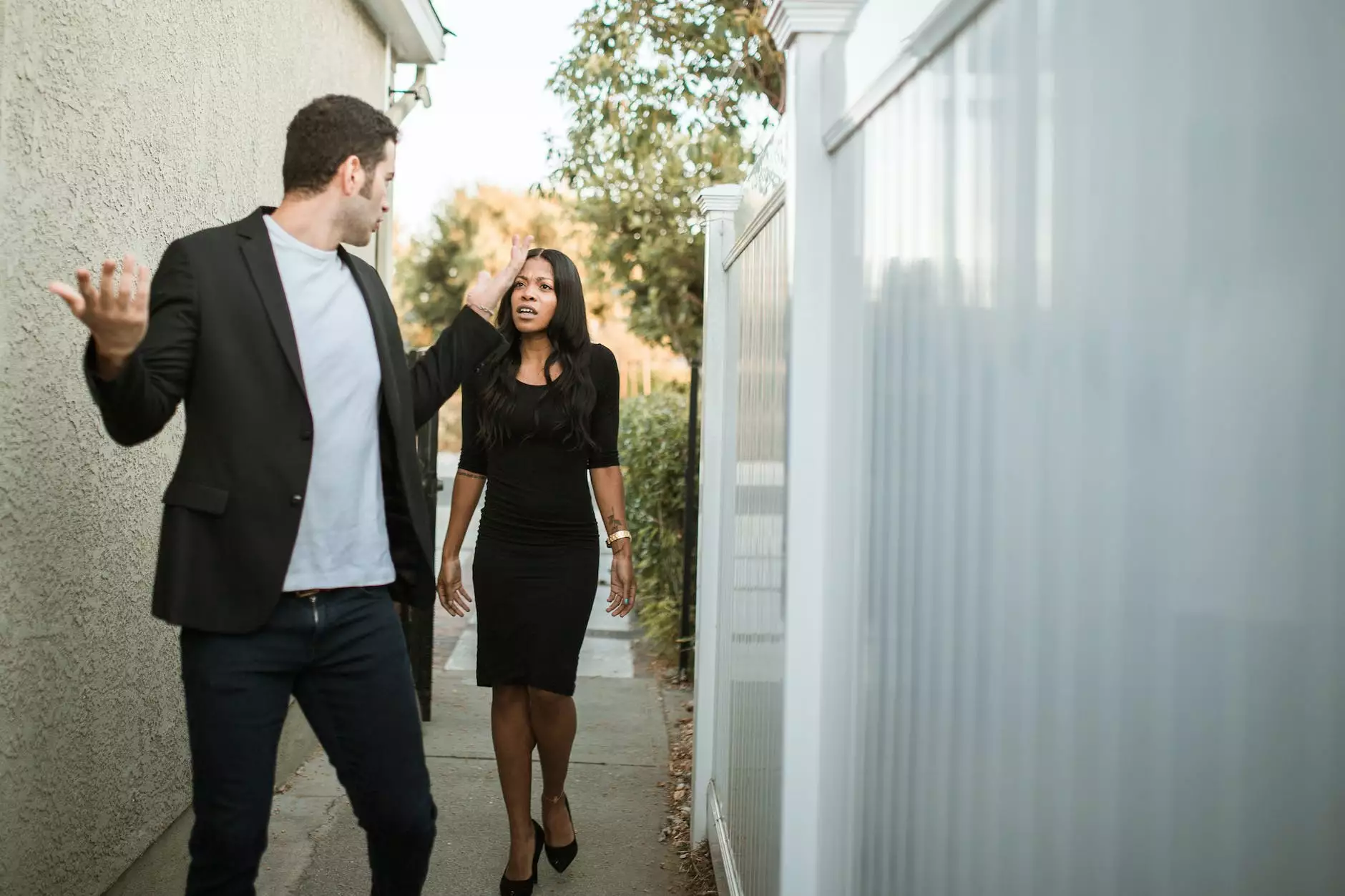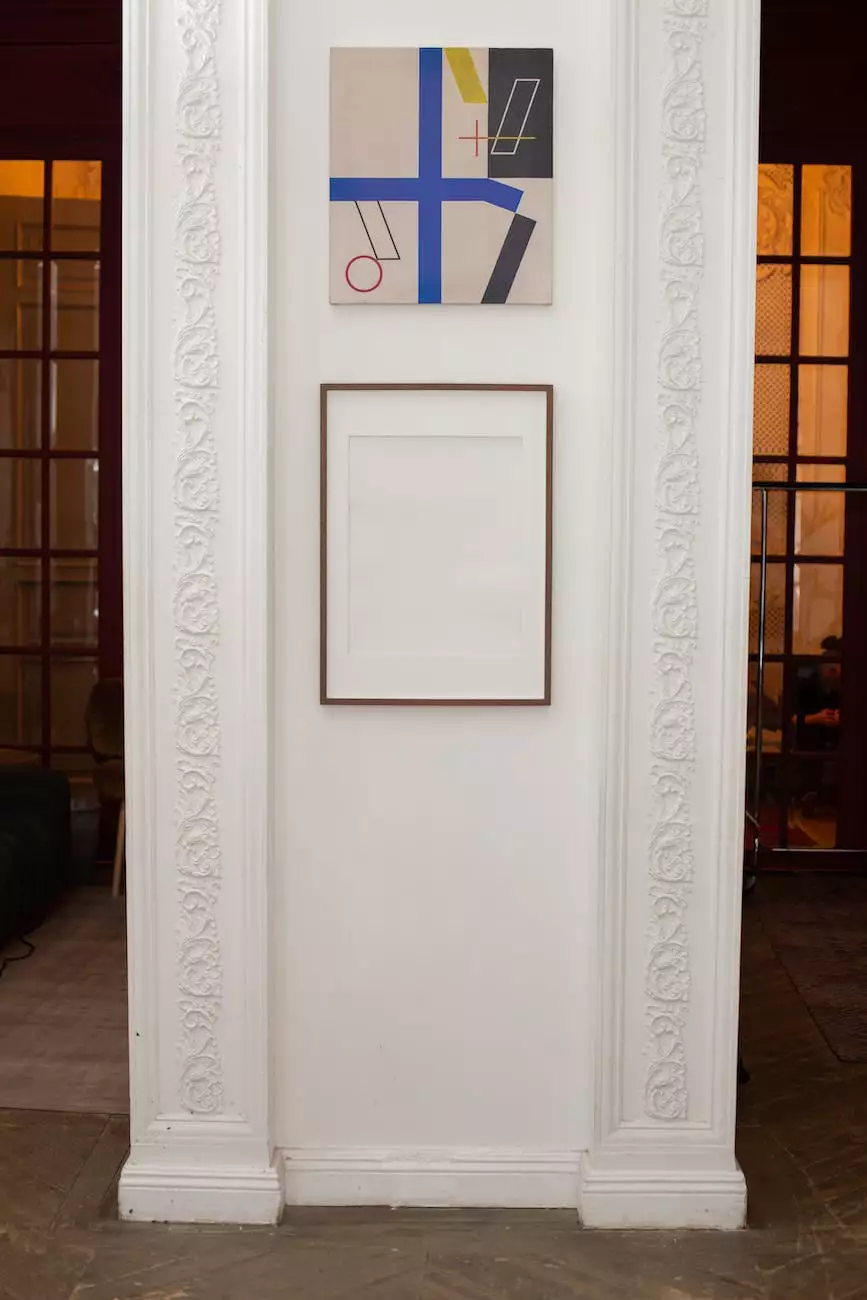How Long Does a Divorce Take If One Party Doesn't Agree
Termination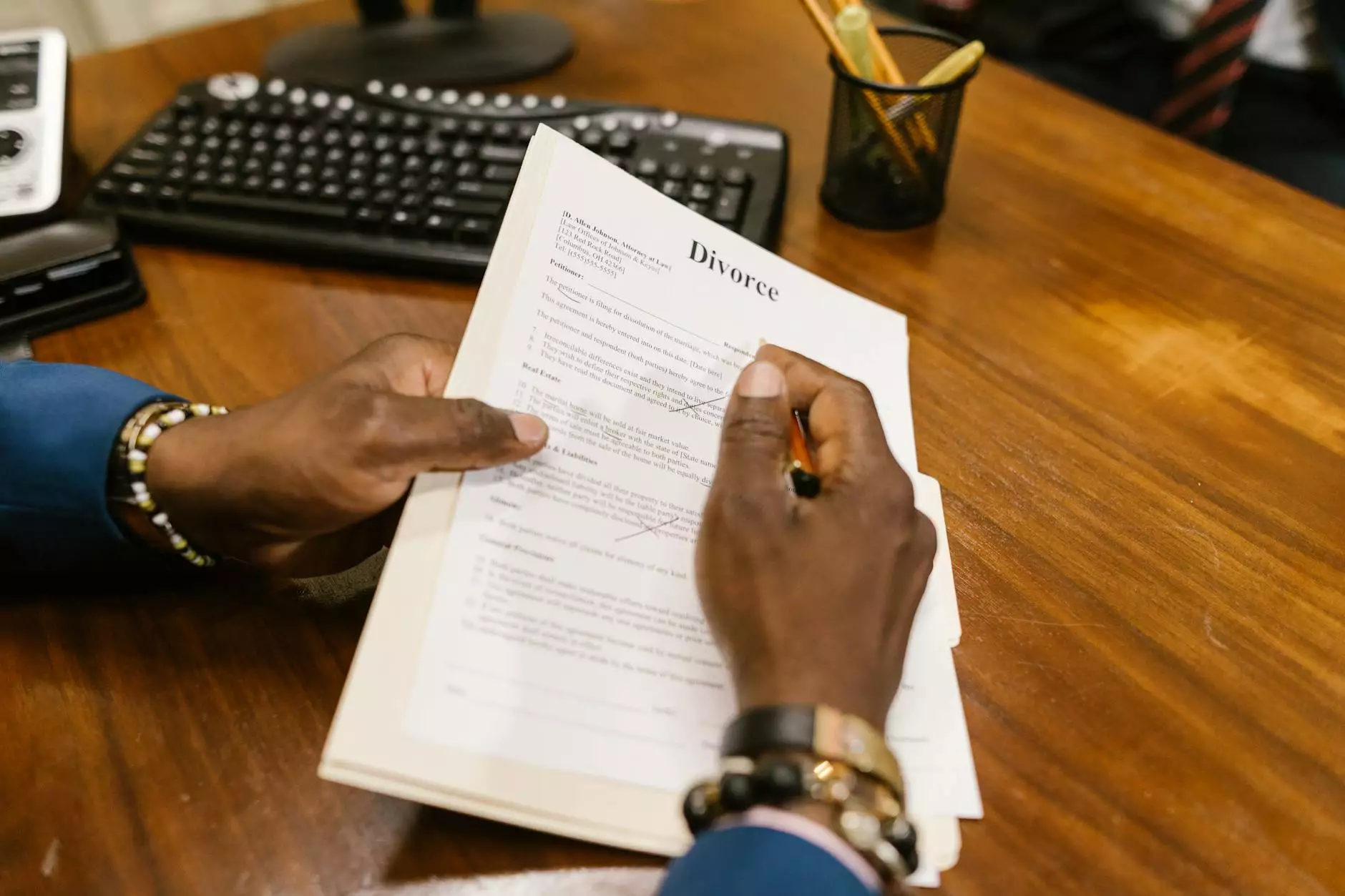
Introduction
Welcome to Berggren & Turturice, your trusted partner in navigating the complexities of divorce cases where one party doesn't agree. We understand that going through a contested divorce can be emotionally challenging, and we are here to provide you with the necessary legal expertise and support to ensure the best possible outcome for your case.
The Legal Process
Divorce cases where one party doesn't agree typically involve a lengthier legal process compared to uncontested divorces. It's important to understand the various stages involved and the factors that can impact the overall timeline. Let's delve into the details:
Filing the Petition
The divorce process begins with one party filing a petition requesting a divorce. This initiates the legal proceedings and notifies the other party of the intent to dissolve the marriage. In a contested divorce, the party who doesn't agree will have the opportunity to respond to the petition within a specified time frame.
Discovery and Preparation
Once the petition and response have been filed, the next phase involves the discovery process. This stage is crucial for gathering relevant information, such as financial records, assets, and potential evidence. Both parties, along with their respective attorneys, will exchange information in order to build their cases.
Negotiation and Mediation
During a contested divorce, negotiation and mediation play a significant role in attempting to reach a resolution outside of court. Mediation sessions allow both parties to discuss their concerns, preferences, and potential compromises with the assistance of a neutral third-party mediator. It's important to note that not all cases are suitable for mediation, particularly if one party is not willing to cooperate.
Pretrial Proceedings
If negotiation and mediation do not result in a mutually agreed-upon settlement, the case may proceed to pretrial proceedings. This phase involves additional fact-finding, discovery, and potential hearings to help the court determine the relevant issues and evidence that will be presented during the trial itself.
The Trial
In a contested divorce, when an agreement cannot be reached through negotiation or mediation, the case will proceed to trial. Each party will present their arguments and evidence before a judge who will ultimately make decisions regarding division of assets, child custody, alimony, and other related matters. Trials can be time-consuming, depending on the complexity of the case and the court's schedule.
Appeals and Post-Trial Motions
Following the trial, either party may choose to file an appeal or post-trial motions, particularly if they believe the court made errors in its decision. These additional proceedings can further prolong the divorce process.
Factors Affecting the Timeline
Several factors can influence the duration of a contested divorce case where one party doesn't agree. It's essential to consider the following:
Complexity of the Case
Divorce cases involving substantial assets, businesses, intricate financial arrangements, or child custody disputes are often more complex and can take longer to resolve. The greater the complexity, the more time it may take for the parties involved to present their arguments and gather supporting evidence.
Cooperation and Communication
The level of cooperation and communication between the parties and their attorneys can significantly impact the timeline. If both parties are willing to collaborate and find common ground, it can expedite the process. However, when one party is uncooperative, the divorce proceedings may become more protracted.
Court Availability
The availability of the court can also affect the overall timeline of a contested divorce. Courts have varying caseloads and schedules, which may result in delays. It's important to work with an experienced legal team that can effectively manage the court's schedule and advocate for your interests.
Mediation Success
If mediation is part of the process, the success of reaching a mutually agreed-upon settlement through this method can significantly shorten the overall timeline. However, if mediation is unsuccessful, the case will proceed to trial, lengthening the process.
Conclusion
At Berggren & Turturice, we recognize the challenges involved in a contested divorce where one party doesn't agree. Our team of skilled attorneys are well-versed in family law and dedicated to providing you with exceptional legal representation throughout the entire divorce process. Contact us today to schedule a consultation and let us guide you towards a favorable resolution.

